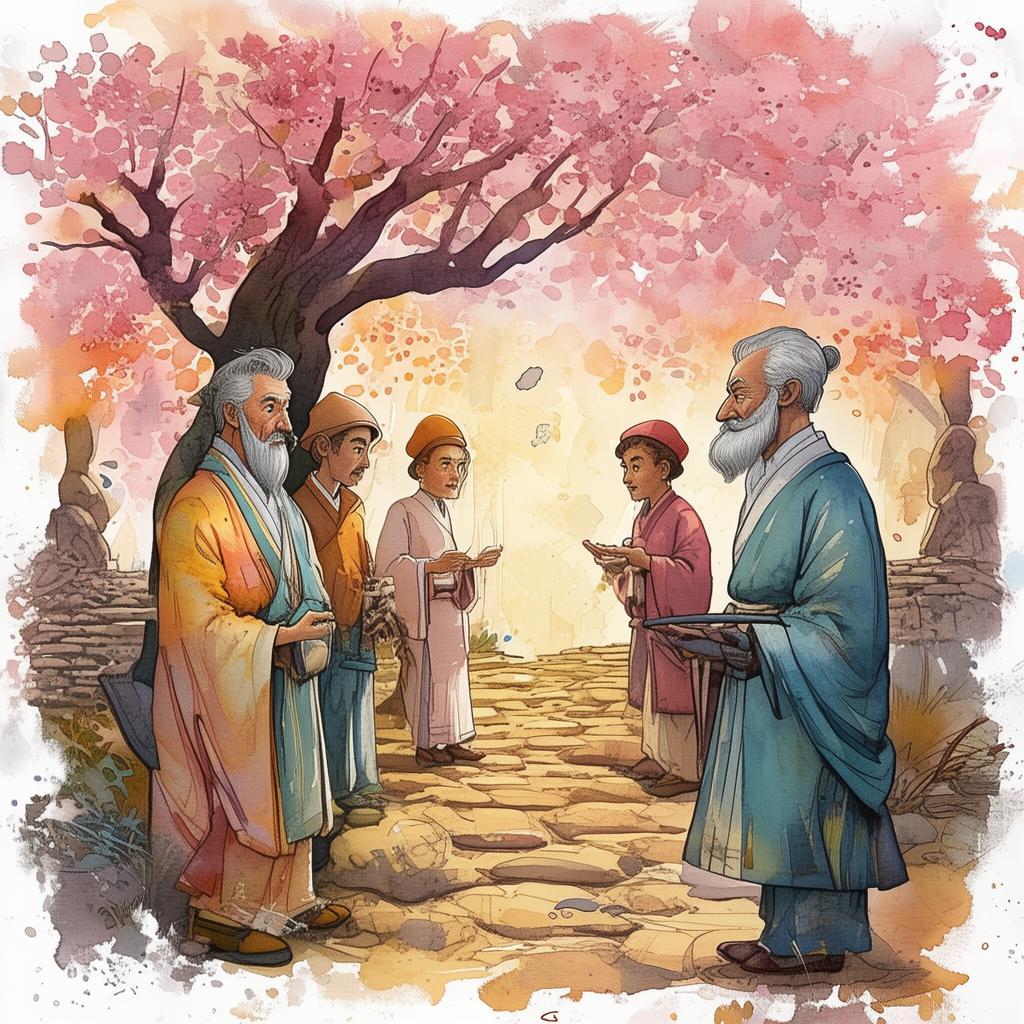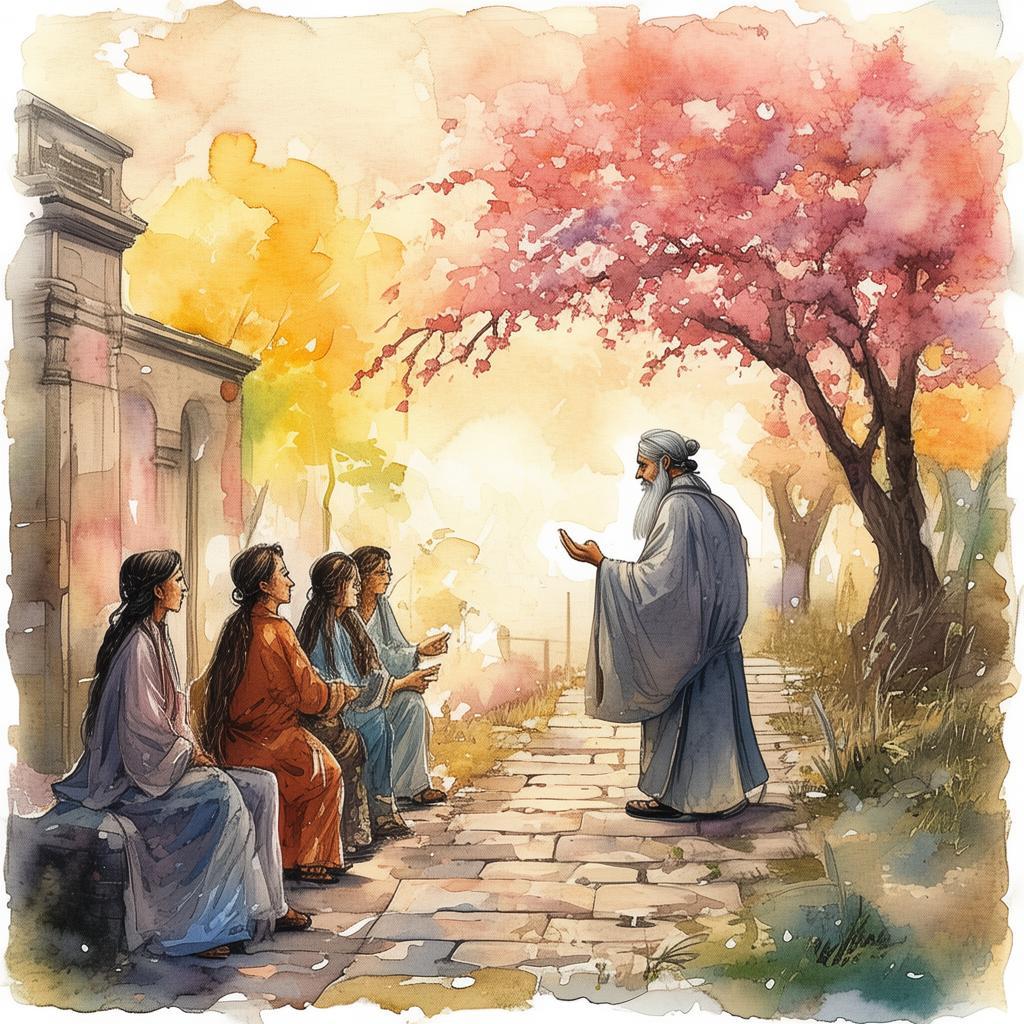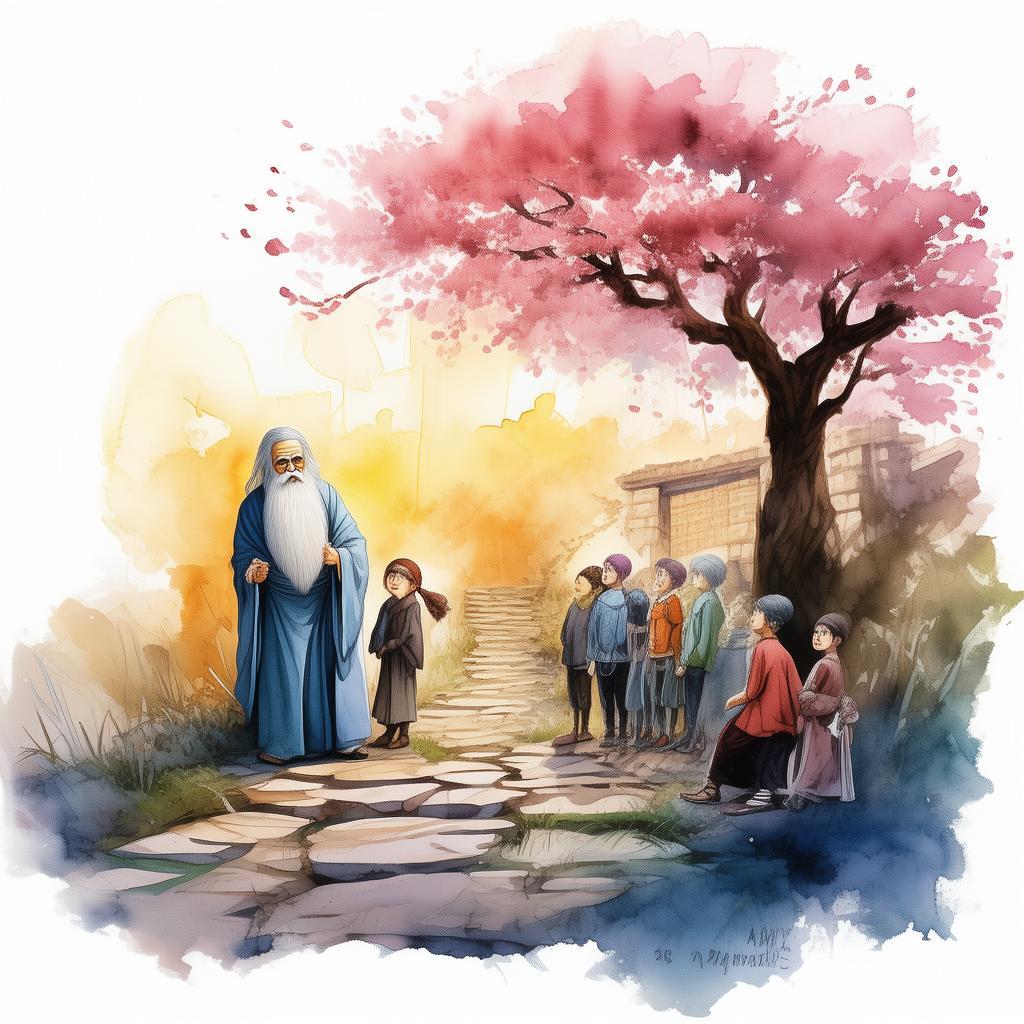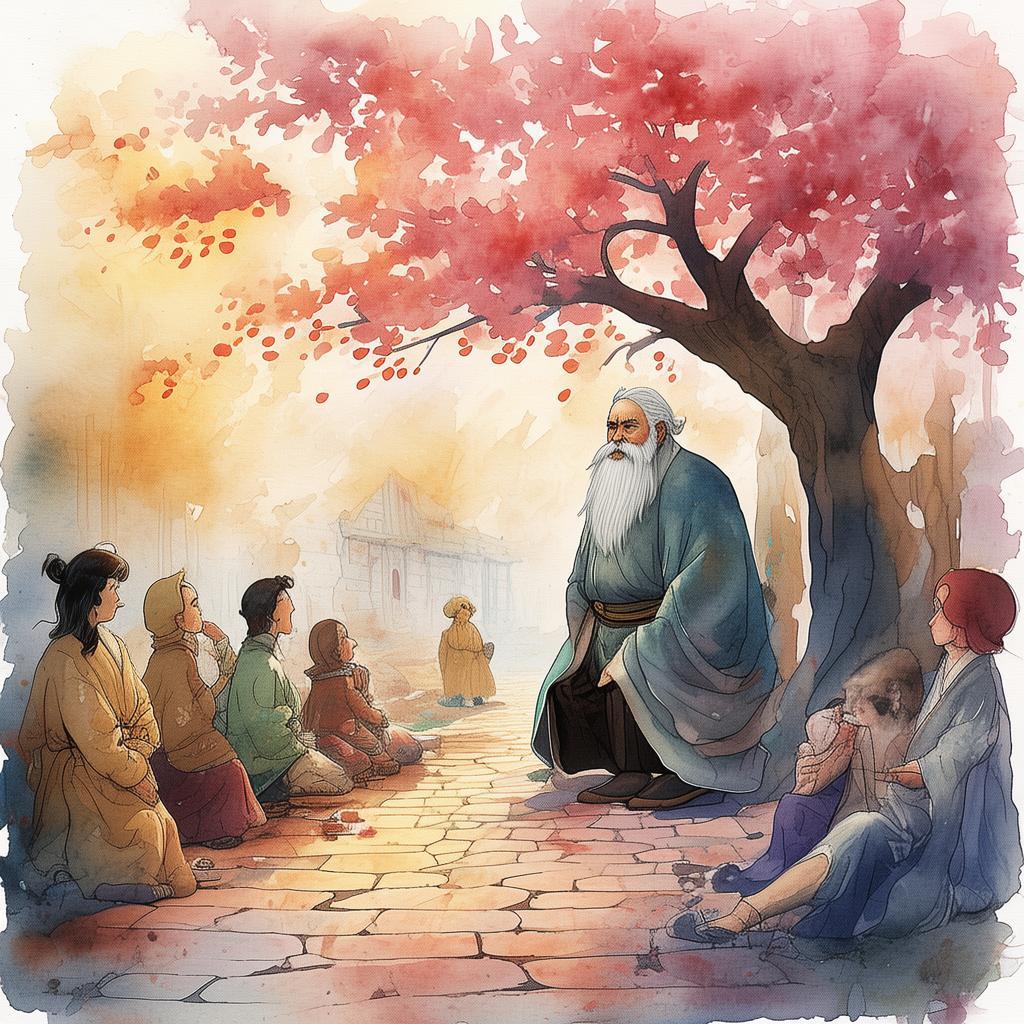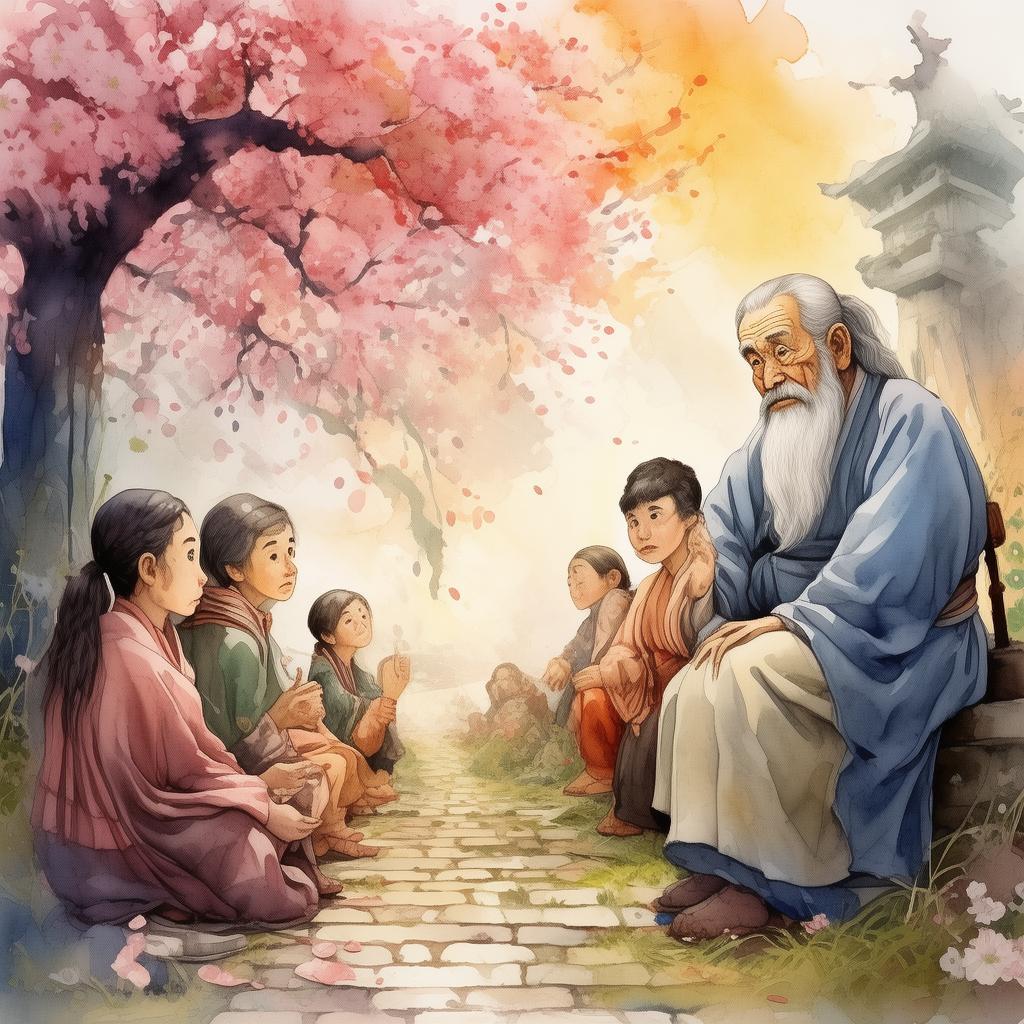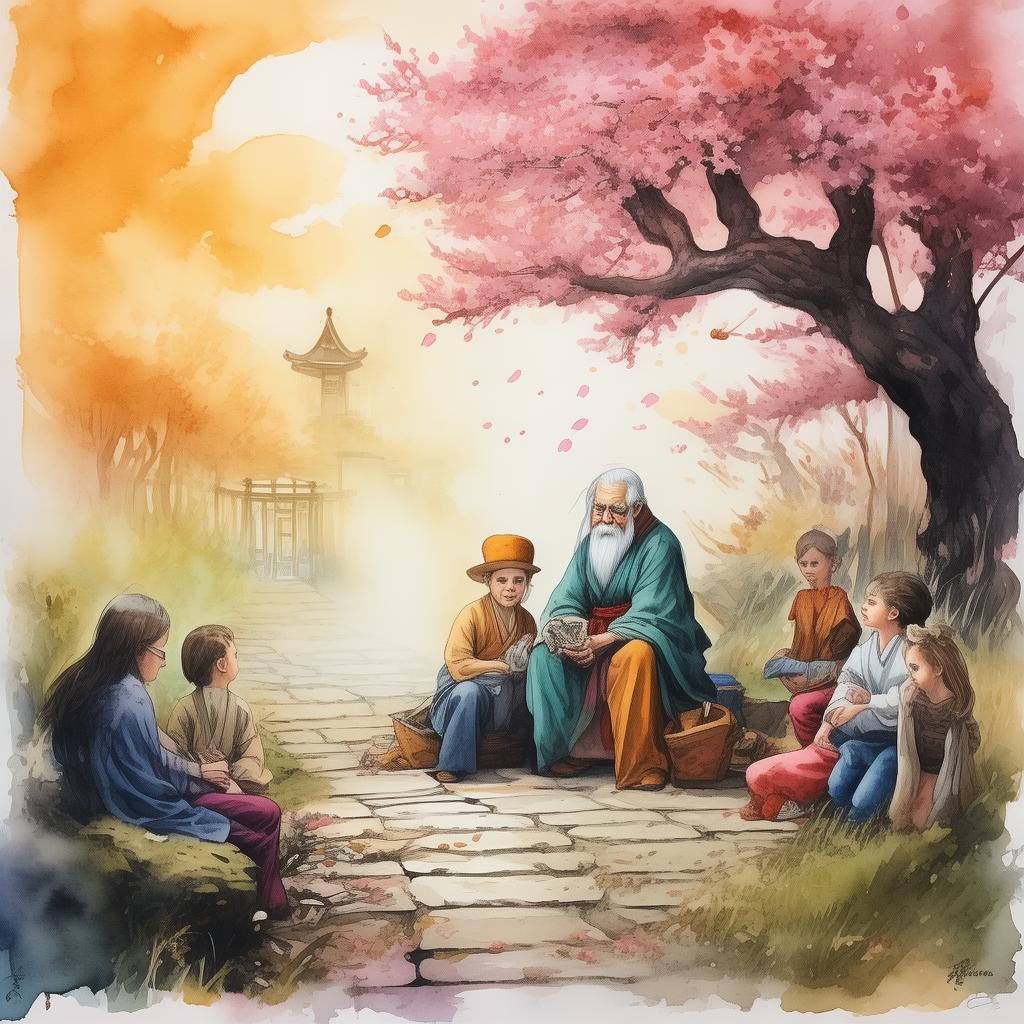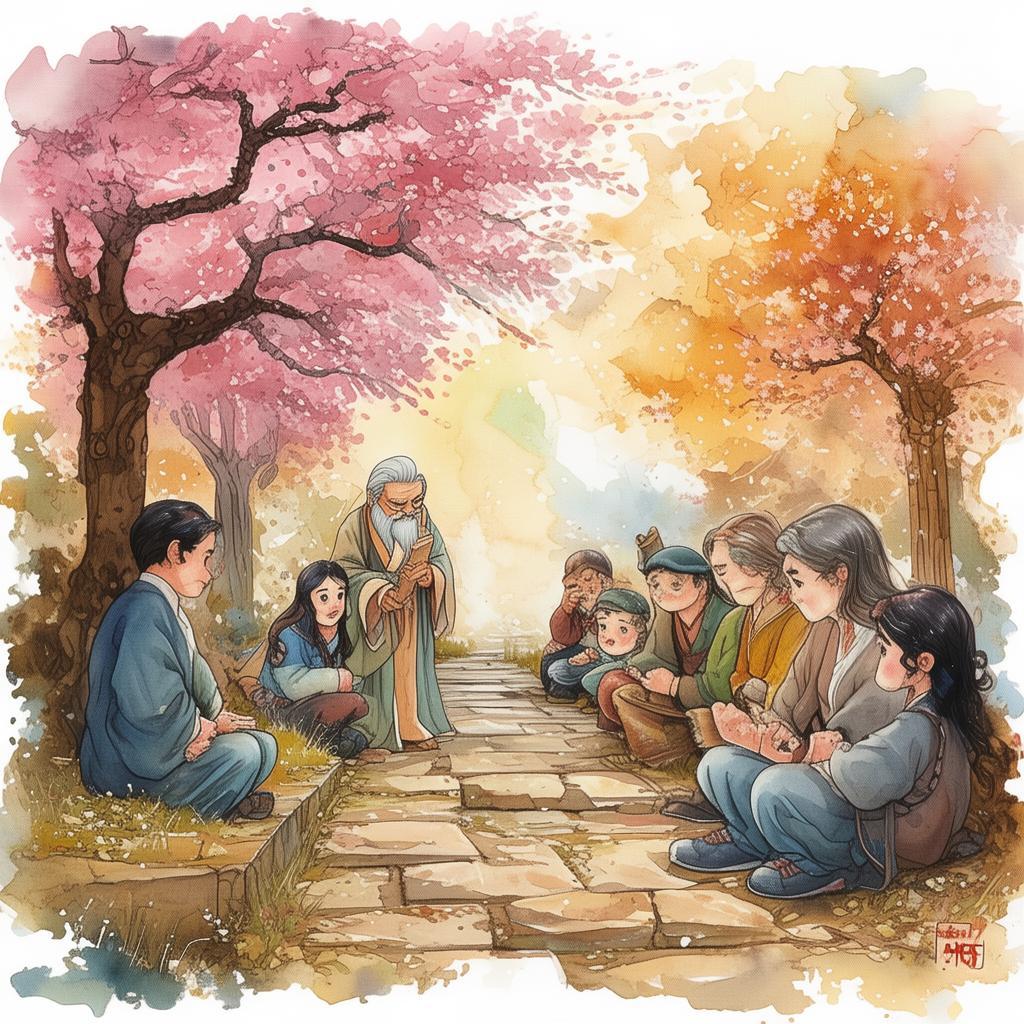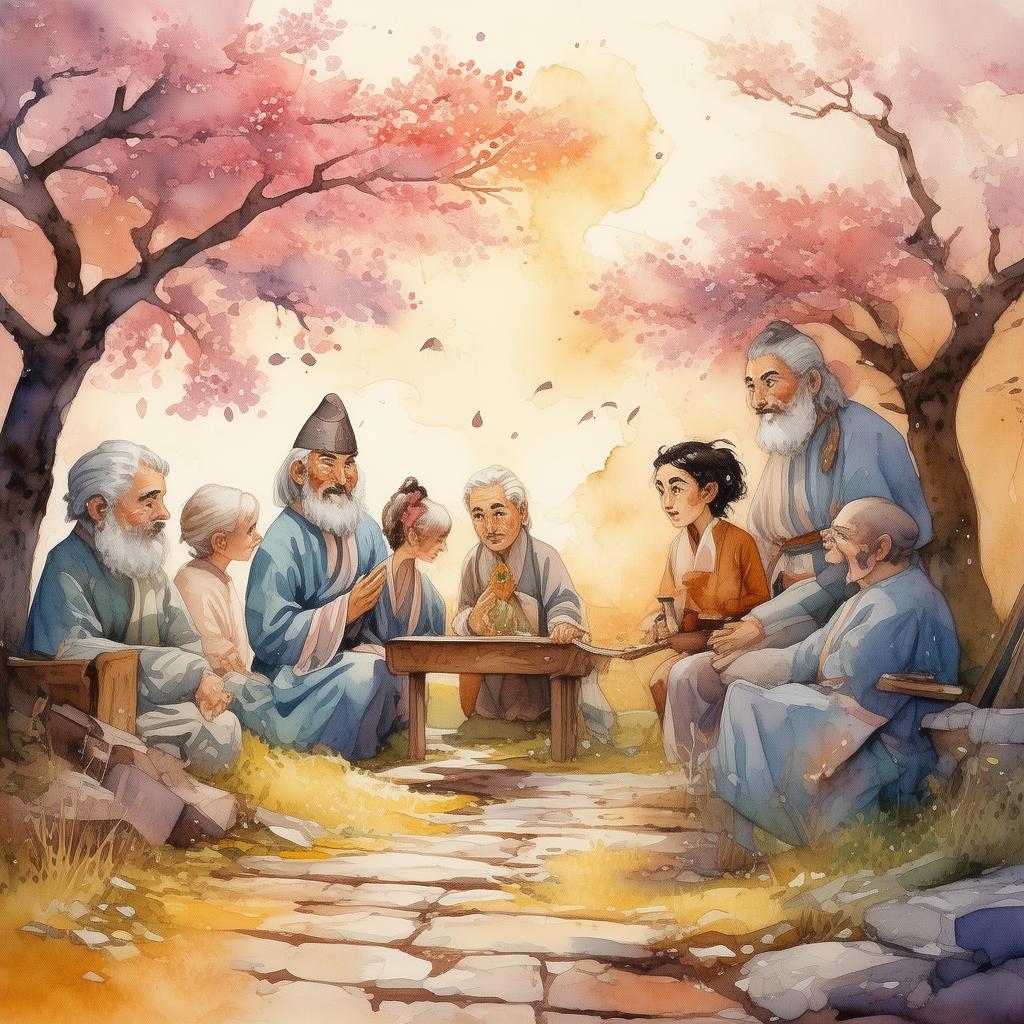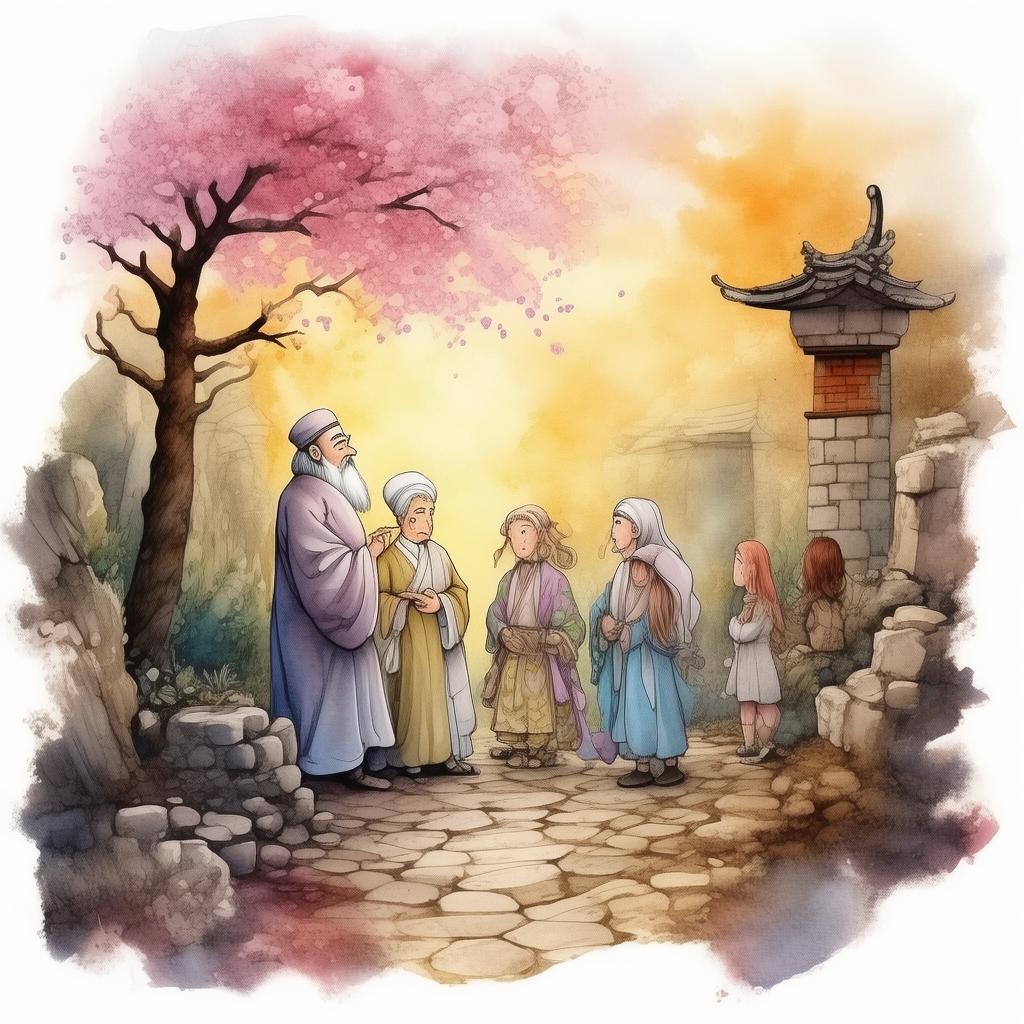Conundrum of the Sages: The Paradox of Enlightenment
In the heart of the ancient city of Eudaimonia, where the air was thick with the scent of parchment and the whispers of wisdom, there stood a grand library known as the Labyrinth of the Sages. This was a place where the greatest minds of the era gathered to unravel the mysteries of the cosmos, to seek the ultimate truth of existence. Among these scholars was a young student named Aelius, whose heart was as eager for knowledge as his mind was for understanding.
Aelius had spent years poring over the works of the great philosophers, from the stoic Seneca to the existentialist Kierkegaard. He had come to believe that the key to enlightenment lay not in the accumulation of facts, but in the pursuit of a harmonious balance between the mind, body, and spirit. Yet, as he delved deeper into the teachings of the sages, he found himself ensnared in a paradox that threatened to shatter his beliefs.
The paradox was this: to achieve enlightenment, one must first become aware of one's own ignorance. But to become aware of one's ignorance, one must already possess some degree of knowledge. This circular logic left Aelius in a state of perpetual doubt, his quest for enlightenment becoming a Sisyphean task.
One evening, as the sun dipped below the horizon, casting long shadows across the library, Aelius found himself in the company of three of the most revered philosophers of his time: Socrates, Descartes, and Nietzsche. Each had their own interpretation of the paradox, and each offered a different path forward.
Socrates, the great teacher, suggested that Aelius should embrace his ignorance as a virtue, for it was through the questioning of one's own knowledge that true wisdom could be found. "The unexamined life is not worth living," he intoned, his voice echoing through the dimly lit room.
Descartes, the rationalist, argued that Aelius should seek out empirical evidence to validate his beliefs. "I think, therefore I am," he declared, suggesting that by examining the workings of the mind and the world around him, Aelius could begin to unravel the paradox.
Nietzsche, the existentialist, took a more radical approach, suggesting that Aelius should reject the pursuit of enlightenment altogether. "God is dead," he exclaimed, advocating for the creation of one's own values and meaning in a world without divine guidance.
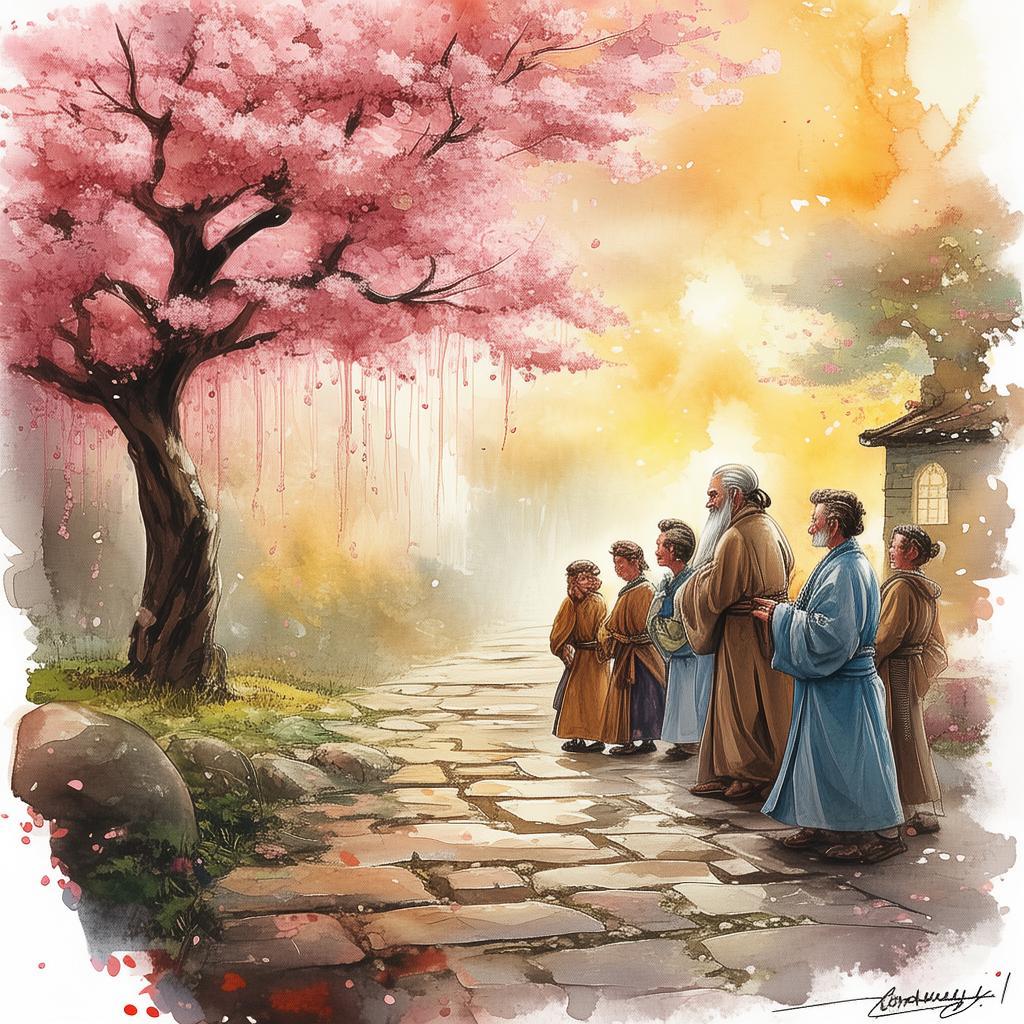
As Aelius listened to the sages, he realized that each of their teachings had merit, but none could fully resolve the paradox. He decided to embark on a journey of self-discovery, seeking to integrate the wisdom of each philosopher into his own understanding.
His journey took him to the edge of the world, where he encountered a mysterious figure known as the Oracle of the Abyss. The Oracle, whose eyes seemed to pierce through the very essence of Aelius's being, offered him a final piece of advice. "The paradox is not a barrier, but a bridge," she said. "It is through the acceptance of the unknown that you will find enlightenment."
With this newfound insight, Aelius returned to the Labyrinth of the Sages, his mind clearer and his spirit unburdened. He realized that the pursuit of enlightenment was not about finding a definitive answer, but about embracing the journey itself.
The next day, as the sun rose over Eudaimonia, Aelius stood before the sages once more. "I have found the answer," he declared. "The paradox is not a contradiction, but a reflection of the complexity of our existence. It is through the embrace of the unknown that we can truly understand the world and ourselves."
The sages nodded in agreement, their faces alight with the glow of enlightenment. And so, Aelius became a sage in his own right, a beacon of wisdom to those who sought the truth.
In the end, the conundrum of the sages was not a barrier to enlightenment, but a catalyst for it. Aelius had learned that the pursuit of knowledge was a lifelong journey, one that required courage, humility, and the willingness to embrace the paradoxes that life presented.
The Paradox of Enlightenment had become not a burden, but a gift, a reminder that the quest for truth was a journey of self-discovery, one that could be as rewarding as it was challenging.
✨ Original Statement ✨
All articles published on this website (including but not limited to text, images, videos, and other content) are original or authorized for reposting and are protected by relevant laws. Without the explicit written permission of this website, no individual or organization may copy, modify, repost, or use the content for commercial purposes.
If you need to quote or cooperate, please contact this site for authorization. We reserve the right to pursue legal responsibility for any unauthorized use.
Hereby declared.
